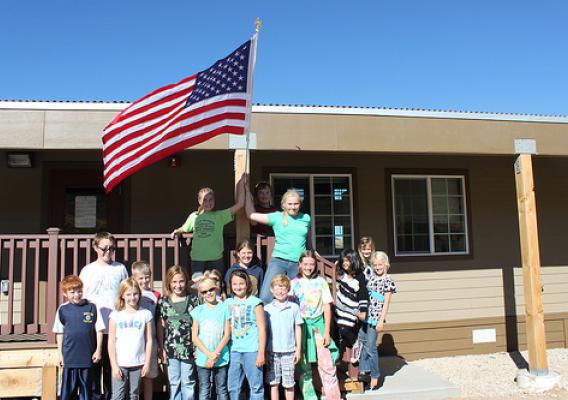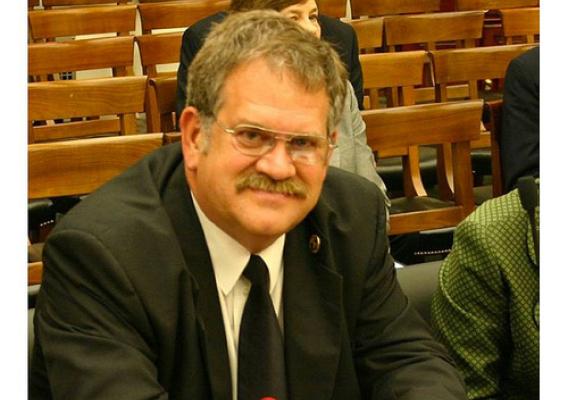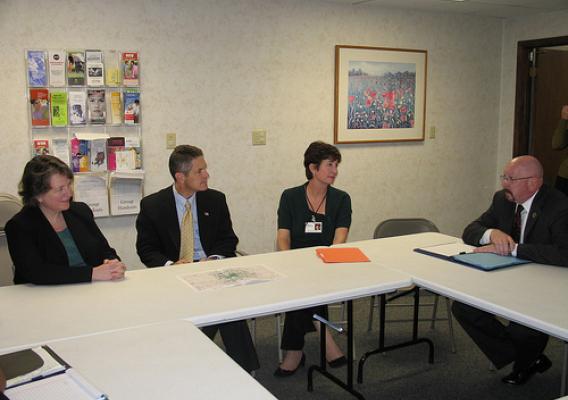Donn Teske, farmer and President of the Kansas Farmers’ Union, is optimistic. He believes that small and mid-sized farms are making successful inroads to improve their market power and these efforts have great potential. Donn himself operates a fifth generation, 2,000 acre organic farm and ranch in northeastern Kansas, and, in spite of increasing difficulties, he has not been deterred from continuing to improve the marketing opportunities for mid-sized farmers.
One of these opportunities has come from the Kansas Organic Producers (KOP), a group of nearly sixty farmers that provides crucial marketing services for its members. Established in 1974 as an education association to help promote the production and marketing of organic products, the group restructured in 1992 to focus on marketing organic grain. One-third of Donn’s farm is dedicated to alfalfa hay, red clover, milo (grain sorghum), corn, soybeans and wheat. With nearly his entire crop production servicing the livestock industry, KOP is his primary marketing channel. His harvest alone would be far more difficult to market effectively, but the services of KOP give growers a shared clout.









